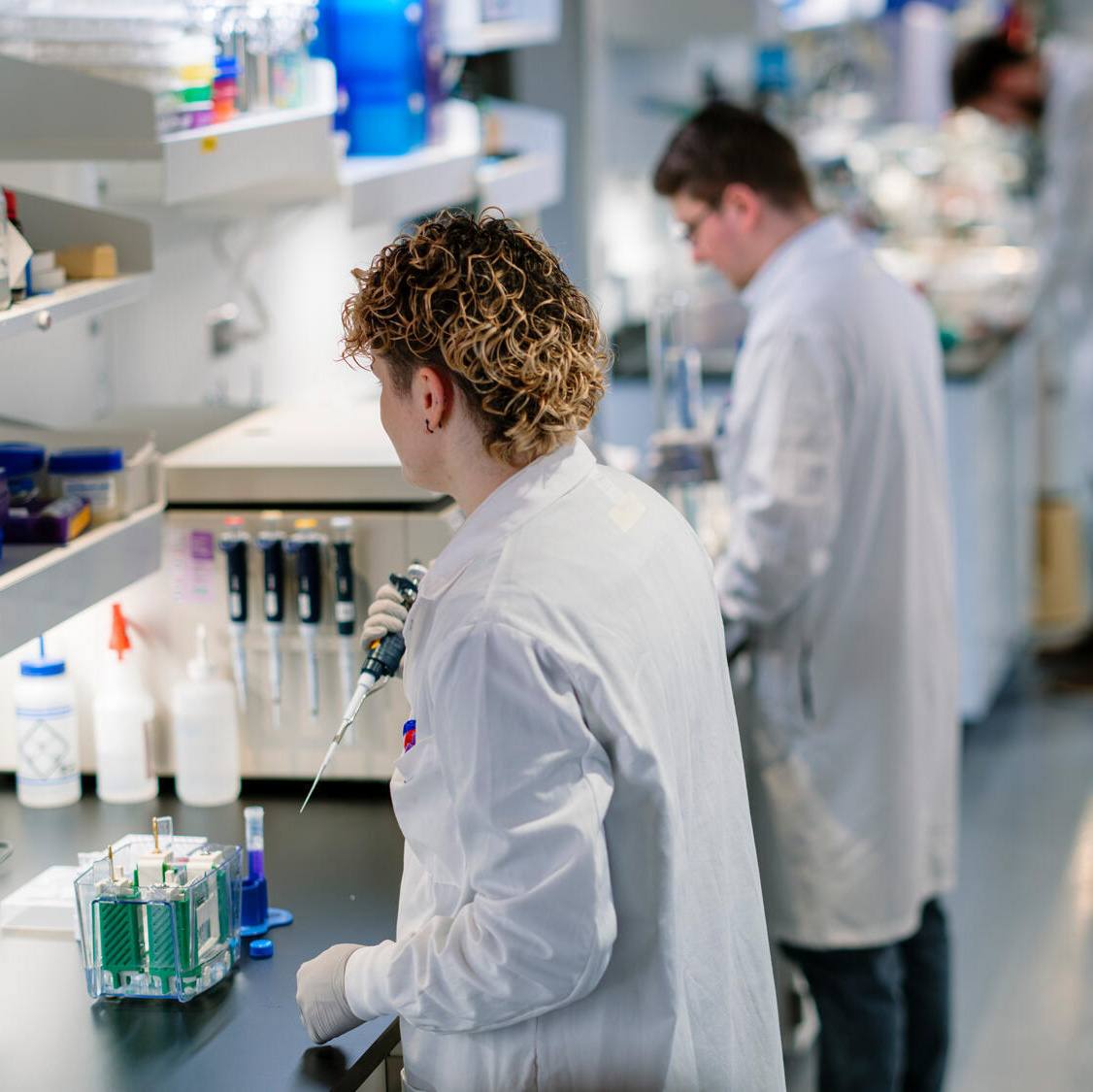-
Minnesota
Researchers Test Bioartificial Liver Device to Treat Acute Liver Failure
ROCHESTER, Minn. — Approximately 30,000–40,000 people die from liver disease each year, according to the American Liver Foundation. For people who experience acute liver failure, the only proven treatment has been liver transplantation. Researchers at Mayo Clinic have developed and are testing an alternative to liver transplantation called the Spheroid Reservoir Bioartificial Liver that can support healing and regeneration of the injured liver, and improve outcomes and reduce mortality rates for patients with acute liver failure --without requiring a transplant.
Developed by Scott Nyberg, M.D., Ph.D., principal investigator in the Artificial Liver and Liver Transplantation Laboratory at Mayo Clinic, and liver transplant surgeon, the device uses healthy hepatocytes, or liver cells, from pigs to do the job of a normal, healthy liver, which aids in digestion and the removal of waste and toxins from the bloodstream. Treatment with the Spheroid Reservoir Bioartificial Liver (SRBAL) has been shown to reduce the severity of liver disease and improve survival in pigs. Future clinical studies are planned to assess the SRBAL as a less-invasive, long-term treatment option to liver transplantation. Results from a study using the device in a pivotal preclinical trial were published today in the Journal of Hepatology.
To see how the device works and access exclusive video of researchers in Mayo's laboratories, click here.
MEDIA CONTACT: Ginger Plumbo, Mayo Clinic Public Affairs, 507-284-5005, Email: newsbureau@mayo.edu
“Acute liver failure claims the lives of over 30 percent of people who are diagnosed with this condition. Liver transplantation has been the go-to option for treating acute liver failure, but it also comes with many risks and isn’t always an option, due to compatibility and availability of donor livers,” says Dr. Nyberg. “A bioartificial liver device could allow physicians to treat and extend the lives of more patients, safely and cost-effectively, with fewer risks.”
The study conducted by Dr. Nyberg was designed to serve as a preclinical trial on pigs with drug-induced acute liver failure. The animals were treated using the Spheroid Reservoir Bioartificial Liver and were injected with healthy donor hepatocytes to determine if this treatment method could reverse the severity of their disease.
“This study demonstrated that animals treated using the bioartificial liver responded to the healthy hepatocytes and reached the study endpoint with less disease severity than animals that received other forms of treatment,” said Dr. Nyberg. “Although the artificial liver is not yet cleared for use on humans, these findings show promise as an effective treatment option for diseases like liver cancer and hepatitis, which is becoming an increasingly common diagnosis.”
The rights to the SRBAL have been exclusively optioned to Liver Cell Technologies for commercial development. Mayo Clinic and Dr. Nyberg have a financial interest in the product and Liver Cell Technologies.
According to the American Liver Foundation, there are more than 100 different types of liver disease that can compromise liver function and lead to chronic and life-threatening conditions such as hepatitis, non-alcoholic fatty liver disease, and liver cancer.
Mayo Clinic, which performs approximately 120 liver transplants each year at its hospitals in Minnesota, Arizona and Florida, was named the Best Gastroenterology & GI Surgery Hospital in the nation in 2014–2015 by U.S. News & World Report.
###
About Mayo Clinic
Mayo Clinic is a nonprofit organization committed to medical research and education, and providing expert, whole-person care to everyone who needs healing. For more information, visit http://www.mayoclinic.org/about-mayo-clinic or https://newsnetwork.mayoclinic.org/.







